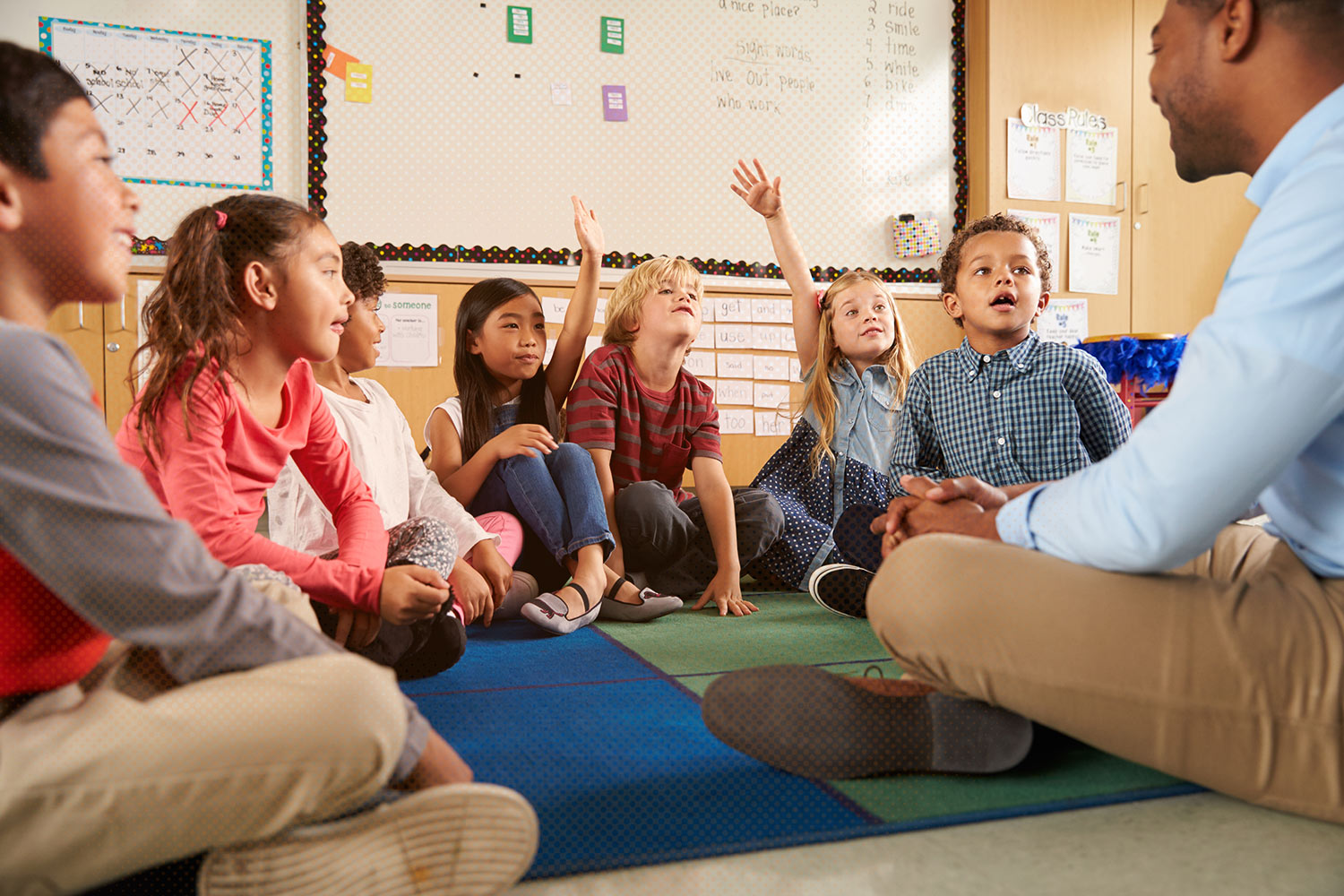This summer we have witnessed a series of tragic events highlighting complex issues like global terrorism and racial unrest in the United States. As teachers, staff and families enter the back-to-school season, how do K-12 schools navigate the muddy waters of acknowledging these events with their students?
This year, the University of Virginia’s Curry School of Education will prepare nearly 60 master’s degree students to serve as counselors in elementary, middle and high schools around the country. According to faculty members in the counseling program, it is the role of the school counselor to lead the way in appropriately addressing these and other sensitive issues and supporting teachers and administrators to do the same.
UVA Today sat down with the four faculty members – assistant professors Blaire Cholewa, Paul C. Harris, Derick J. Williams and Julia Taylor – to find out more.
Q. Let’s start with the big picture. Why would it be necessary to address topics like terrorist attacks or events that highlight racial disparities in the U.S.?
Taylor: These events can greatly impact anyone. Just because a student isn’t directly impacted by a particular event does not mean they cannot experience trauma from it.
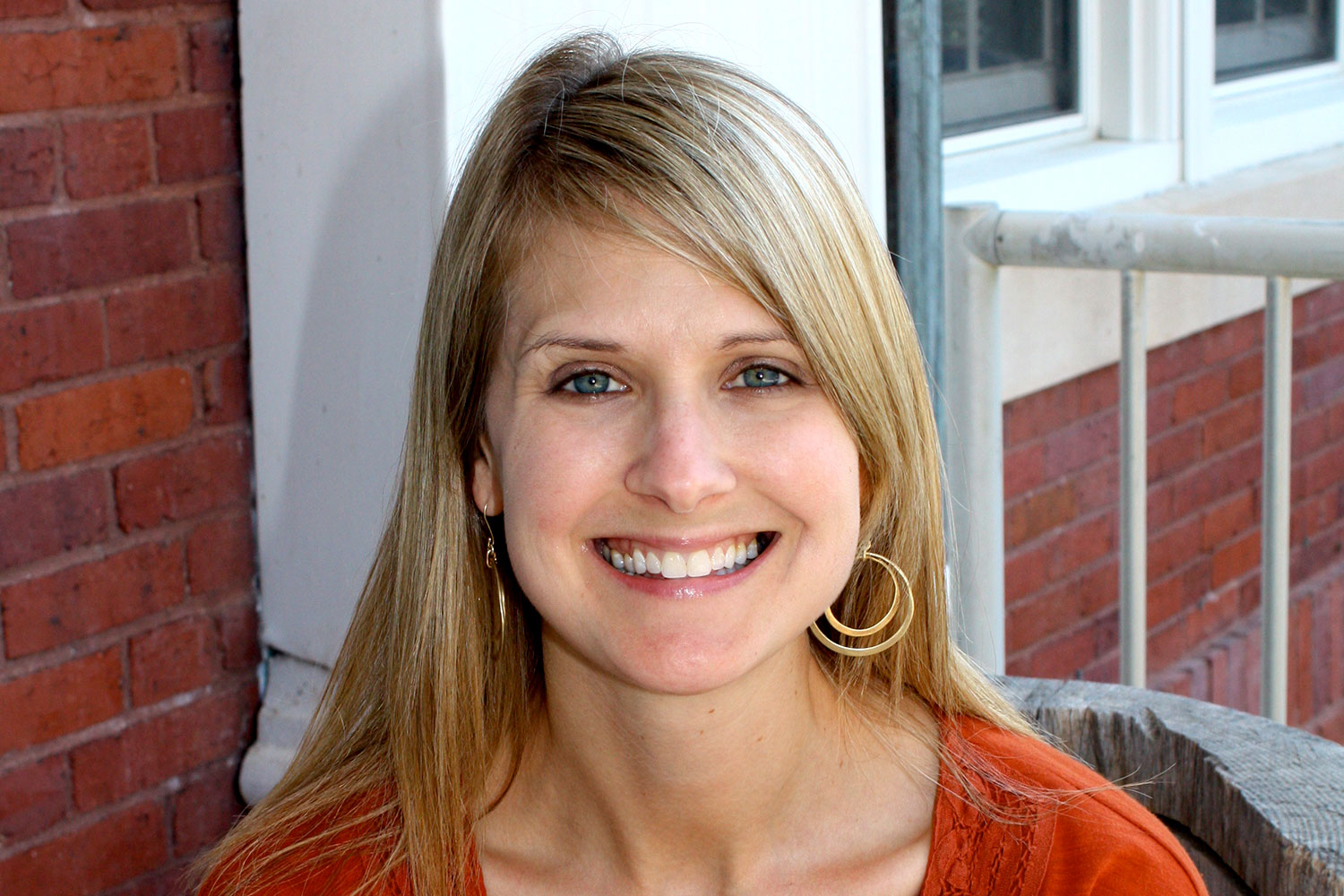
Julia Taylor (Contributed photos)
Consider a second-grader whose mother is a police officer and father has been watching news coverage of the recent events all day; nobody has explained to this student what is happening. Another example is the deep impact felt by many after Sept. 11, 2001. On the East Coast, school had started and many watched the attacks unfold live in a classroom setting, unable to seek immediate comfort from their families and/or loved ones.
Addressing these topics normalizes and validates feelings associated with recent events. I often hear friends, family members and students say they “shouldn’t” feel the way they do because they were not there, that others are “worse off.” This is a complete misconception about trauma. Oftentimes, the support received after a traumatic event is a predictor of the long-term impact.
Furthermore, in a school setting, listening, validating and normalizing the wide range of emotions felt by recent events could be the only support a student receives. School counselors are uniquely positioned to help the entire system cope with these unfortunate events.
Q. When is it appropriate for teachers and students to address these topics? How should they?
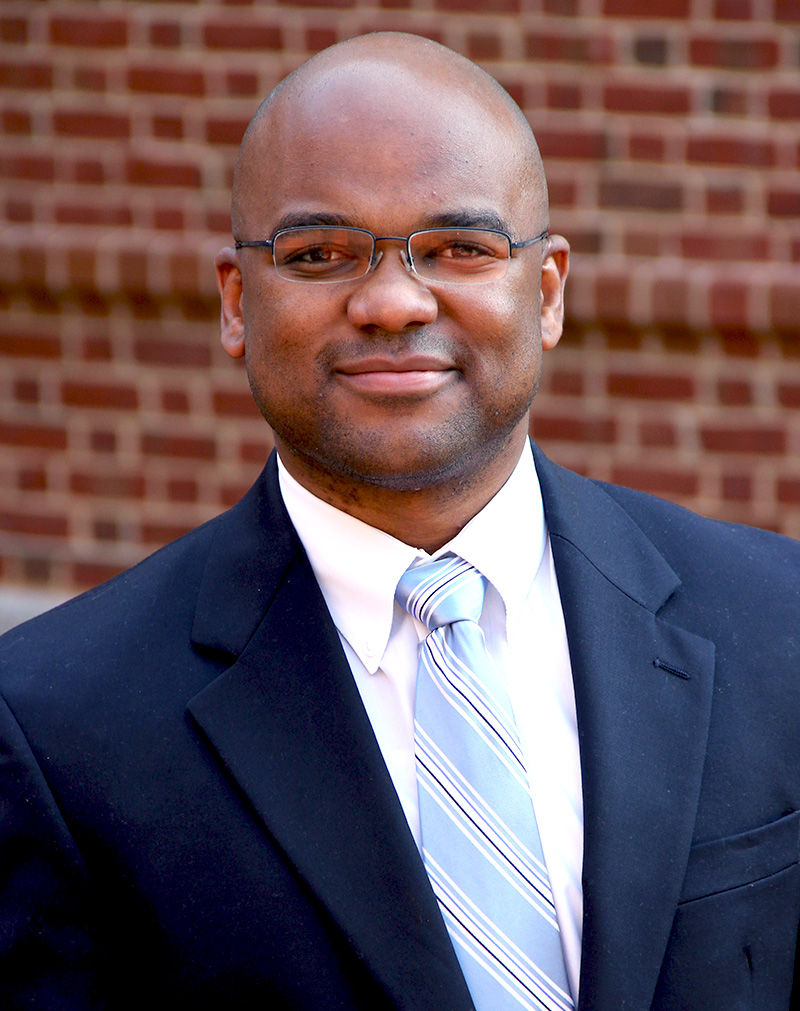
Paul C. Harris
Harris: World events can connect to all curriculum content in some way and provide a great opportunity for all educators to “bring to real life” the content knowledge we want students to master. The challenge for the educator, of course, is not to impose one’s personal beliefs around such events, but rather to facilitate critical thought around them such that the students are better prepared to be productive citizens in a society that includes myriad lived experiences.
That said, a good question educators can ask when deciding whether or not it is appropriate to discuss, is: Does it help us accomplish our vision and mission as a school? If the answer is yes, it’s our responsibility to address it.
Cholewa: When considering acts of terrorism and violence, it is important to take into account students’ developmental levels. Younger children tend to have lots of questions and are concerned about their own safety and the safety of their families and friends. This can be particularly difficult given that we cannot guarantee safety. We can however, acknowledge their fears and talk about the systems in place that aim to protect them.
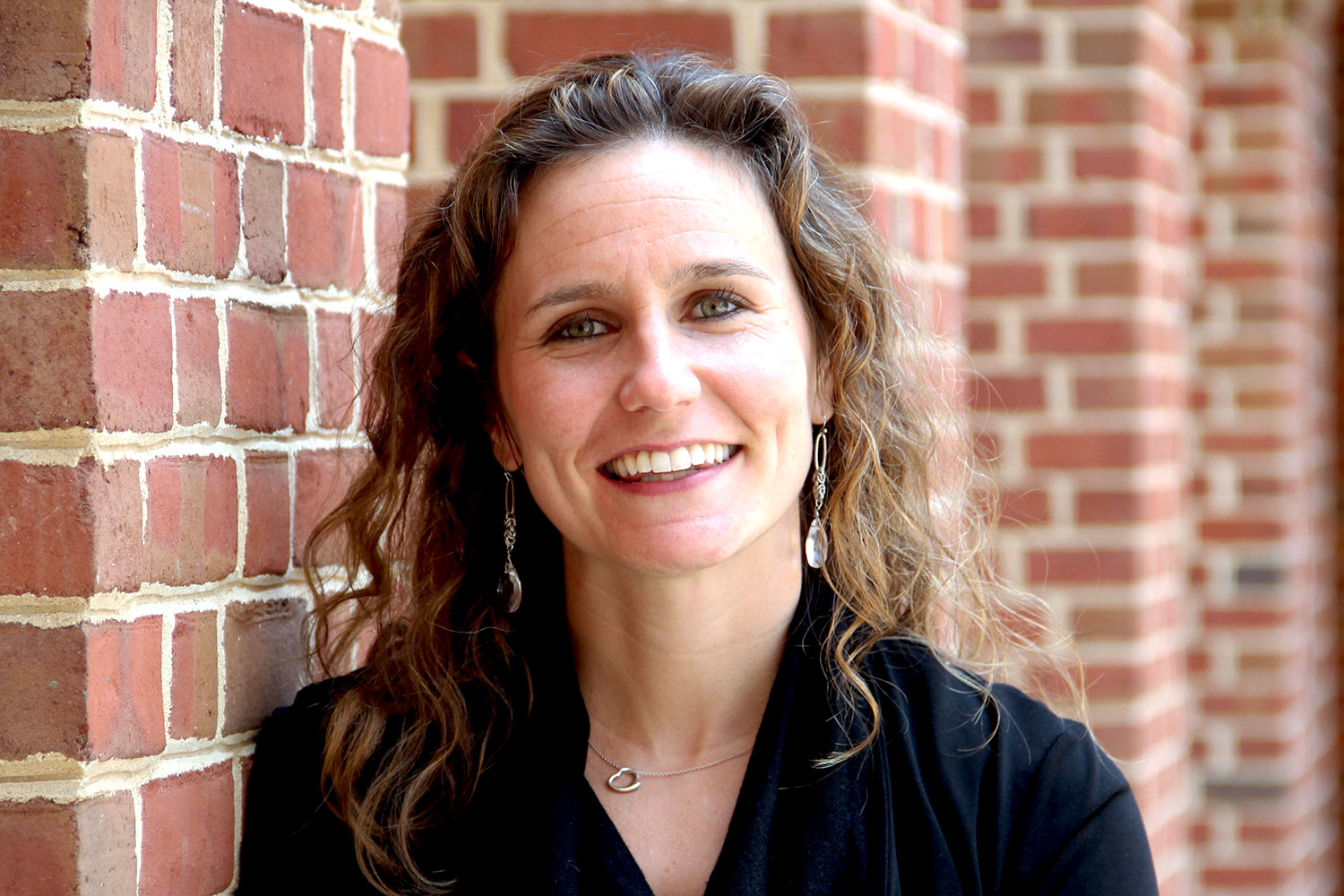
Blaire Cholewa
Often we find that older students (middle and high school) want to talk about these events and topics related to racial disparities. Providing a safe place in which students process through their experiences, thoughts and feelings related to these events can be particularly helpful as they try to make sense of the world they live in. Offering students the opportunity to journal or free-write about such events can also facilitate students’ own meaning-making.
Williams: It is almost always appropriate to address these topics. In some instances, if we wait until some of the “well-known” incidents highlighted in the media to happen before we address them, we may have missed many “lesser-known” incidents that happen on a weekly or monthly basis in the lives of children and adolescents and their families.
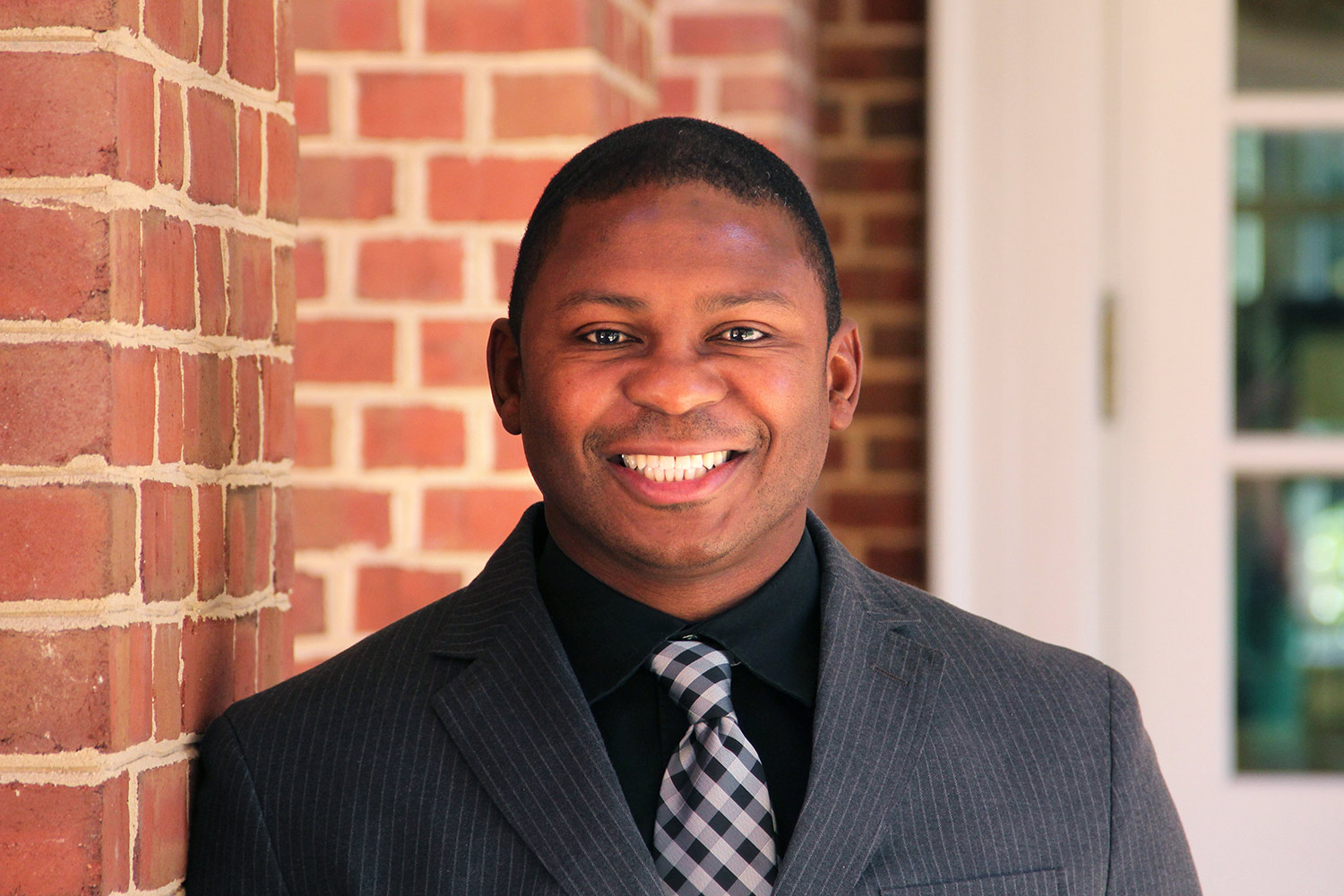
Derick J. Williams
Schools can address the topics of acts of violence, terror and racial unrest by making them a part of the educational program. These topics can be incorporated into school curriculum in an intentional way so that school personnel, students and families could have an idea how these topics are addressed and where students can go for support and assistance.
In this, families will have an understanding of how these topics are addressed and by whom. This may help students and families understand the support system of a school when both well-known and lesser-known incidents occur.
In general, school counselors are prepared to take the lead in determining how these topics can be addressed and carrying out the services and support needed by all within a comprehensive educational program.
Q. Why does a school counselor play such a critical role in facilitating these discussions?
Cholewa: Their training. School counselors receive extensive training related to active listening, group facilitation, cultural responsiveness, crisis response and human development. Part of our responsibility it is to provide students with unconditional positive regard, which allows students to process through their thoughts and emotions without fear of judgment.
Harris: The most significant reason these issues are so sensitive and complex is because there are a variety of perspectives and experiences that result in each person responding differently to an event like a mass shooting, for example. School counselors are trained how to bracket their own positions and meet the students where they are.
School counselors are also uniquely positioned to provide a wide range of resources. They can assist administration with training faculty on how to address sensitive topics in the classroom.
School counselors are well-versed in resources, such as those found at the American School Counselor Association, for example, where there is general guidance on how to respond to crises, as well as a series of cultural competence webinars available for viewing.
Q. What kind of event should elicit an immediate response from a school? What should that response look like?
Harris: Any event that is deemed to have a significant impact on the school community, either indirectly or directly, should elicit an immediate response.
Children and adolescents desire three things, according to renowned author, teacher and counselor Julia Cook: “See me, hear me, and validate me.” Addressing (or not) such events communicates very clearly to students one or the other. In the cases of these events, it is important for school personnel to have diverse contributions to those conversations when such decisions are made. School counselors aid in removing barriers to learning (to the extent that can be done), some of which include the mental distractions that occur due to life events, either directly or indirectly related.
Because these conversations include students, school personnel and parents, schools should acknowledge that something has happened by distributing an announcement, a written communication to parents or automated phone call. (This acknowledgment can take on a number of forms, the key message being “we recognize the gravity of the event and its potential impact on our community).
When something tragic happens that can significantly impact students, it is important for the counselor to lead the efforts to offer opportunities and spaces for students to process the event if they choose to.
Cholewa: It is also important to recognize that not every student will be impacted or will want to address events such as these. In such cases, it will be important to take into account the students’ personal context and emotional development when determining whether a student should or should not be required to partake in such discussions or activities.
Q. It is all of our hopes that these events come few and far between. What are school counselors doing in their day-to-day role to respond to issues like inequality and injustice?
Cholewa: There is the work of the counselor him- or herself. A key aspect of our profession is to promote equity within our schools so that every student has the opportunity to thrive. Through the use of data and relationships, it is our responsibility to identify achievement, opportunity and discipline gaps that impact students differentially. Once these issues have been identified, we must collaborate with school stakeholders to address them at various levels: individual, group, classroom, school and district.
Harris: Also, the counselor can create a variety of opportunities for students to engage in these issues of inequality and injustice themselves. School counselors provide direct services such as individual and group counseling, as well as indirect services such as consultation and collaboration with teachers, administrators and parents. If there isn’t already one, counselors can create a peer helping program. If such a program exists, the counselor can actively support it. This kind of program can help train students to be agents of justice in their school community and beyond.
They can also add to or begin to create meaningful ways to acknowledge and celebrate every culture represented.
Q. Are the increasing regularity of these events changing how you prepare future school counselors?
Cholewa: The increasing frequency necessitates that we, too, provide the space for our own students to reflect and process their own reactions to these events. If we do not provide them this space, they may struggle to be able to provide the same space to the students they serve.
At times, this may include raising their awareness to issues of social injustice and inequity within the schools. This may involve anything from helping students to recognize their own white privilege or assisting them in identifying and advocating against policies and practices that tend to benefit certain groups over others.
Harris: While we will continue to train our future school counselors for myriad scenarios they’ll face, it is even more vital that we identify and cultivate the core competencies needed to respond to any of those situations, so many of which we cannot predict. Cultural competence – awareness, knowledge, sensitivity and action – is one of many skill sets we focus on to help accomplish this end. While historically in counselor education programs such conversations occurred in a multicultural counseling course, it is much more common now to see such themes woven throughout the entire training curriculum.
Williams: The increasing regularity of these events provides more evidence for the reason why we prepare school counselors the way we do.
For several decades, the counseling profession has emphasized that opportunities for students to develop competencies around race, equity, culture and social injustice be infused throughout counseling curriculum. Counseling credentialing efforts have led programs to go beyond infusing competencies to teaching entire courses around these topics.
One goal has been to prepare counselors who are aware of their personal characteristics that would enable them to effectively attend to these issues and those personal characteristics that make it a challenge for them to tackle. Other goals have been to help counselors become aware of the barriers to addressing these issues in schools, understand the lived experiences of all students and families, and develop strategies for addressing issues around race, educational equity and culture within schools.
The fact that even after decades of progress, school-aged youth are still impacted by the issues in schools should spur us to add to our current educational models to prepare school counselors.
Media Contact
Article Information
August 2, 2016
/content/curry-school-trains-counselors-lend-ear-and-lead-school-community

